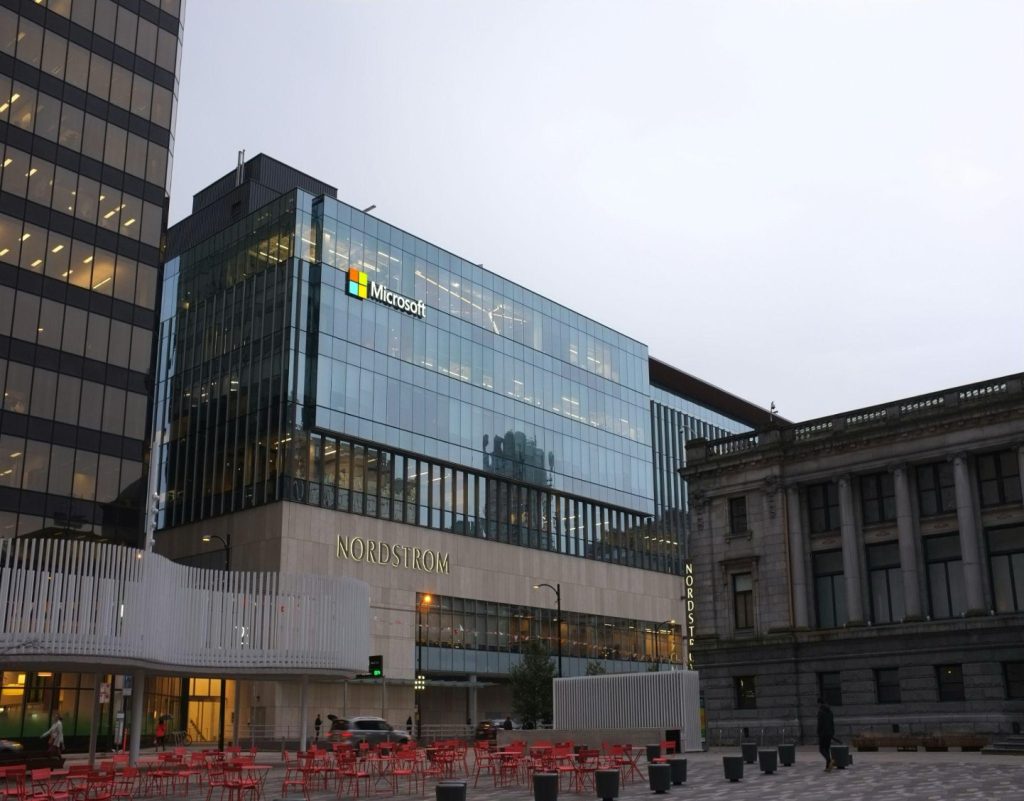
Satya Nadella, CEO of Microsoft, has delivered a sobering but controversial assessment of artificial intelligence: even though companies are investing heavily on it and have great expectations, AI has not yet sparked a genuine economic revolution. For Nadella, the litmus test isn’t technical benchmarks or buzzwords, but tangible economic growth. Until AI is able to boost productivity and create GDP gains, the ‘revolutionary’ tag remains unproven.
Nadella Demands GDP Growth, Not AGI Hype
In a candid appearance on the Dwarkesh Patel Podcast, Nadella pushed back against the prevailing hype around artificial general intelligence (AGI), calling self-declared milestones are “nonsensical benchmark hacking” rather than substantial gains. Instead, he urged for a more grounded measure of AI’s impact, which, according to him, would represent a global economic growth that mirrors the Industrial Revolution.
Nadella clarified this statement during the episode: “The real benchmark is the world growing at 10 percent.” It’s only if such transformative growth materializes through productivity boosts and GDP acceleration that AI can be truly considered revolutionary. He elaborated further during a discussion with venture capital firm Madrona, framing a formula to consider AI a success. “When, say, the developed world is growing at a 10% rate… that’s a good benchmark for me.” This sets a clear target amid the current growth rates, which falls to a 2.8% for the U.S in the last year.
Furthermore, Nadella pointed out that the economic benefits must be broad-based. “The big winners are not going to be tech companies. The winners are going to be the broader industry that uses this commodity. Suddenly, their productivity goes up, then the world’s productivity goes up, and the economy starts growing at a faster rate.” We have already started seeing how fields that have started to use AI tools are growing at a faster rate. The online casino field is an example, as the sector has found different uses to create better services and track their performance more accurately.
Massive AI Investment, But Value Still Elusive
However, Nadella’s words don’t translate to their company policies. Microsoft is following the steps of their industry peers, pouring billions into AI. Bill Gates’ company alone has invested more than $12 billion in OpenAI, and pledged up to $80 billion for expanded projects, such as the Stargate initiative. A giant like Microsoft wouldn’t be investing this heavily if they don’t see a return.
Nadella acknowledged that generative AI “simply hasn’t generated much value so far,” noting that the current economic indicators show no clear acceleration attributable to AI despite the hype around it. The Economic Times echoes this sentiment: despite massive investments, AI hasn’t yet delivered significant economic value.
Social media reacted to this skepticism as well. On Reddit, one commentator noted:
“It is seen that, despite a lot of investments, AI has yet failed to deliver a real return. Its high energy consumption raises sustainability concerns.” Another commentator added that, unlike flashy tech demos, real value lies in solving practical workflow problems, like reducing clicks in a medical software, a subtle but meaningful improvement.
Furthermore, technical limitations also hamper the adoption of these tools. Hallucinations, for example, have been a noticeable issue with AI image generation, as it’s easy to see extra fingers, melted faces, or weird texts in it.
In addition to economic skepticism, Nadella emphasizes sustainability. There are a lot of reports around AI’s controversial energy demands and the related environmental impact it has. Meanwhile, business patients await AI’s ‘killer app’ (a transformative product like Excel or email during the PC era). Until AI capabilities move from experimental to essential, the gap between investment and real value will persist. For now, Nadella’s comments underscore this tension, urging a transition from hype-driven funding to demand-driven economics.
